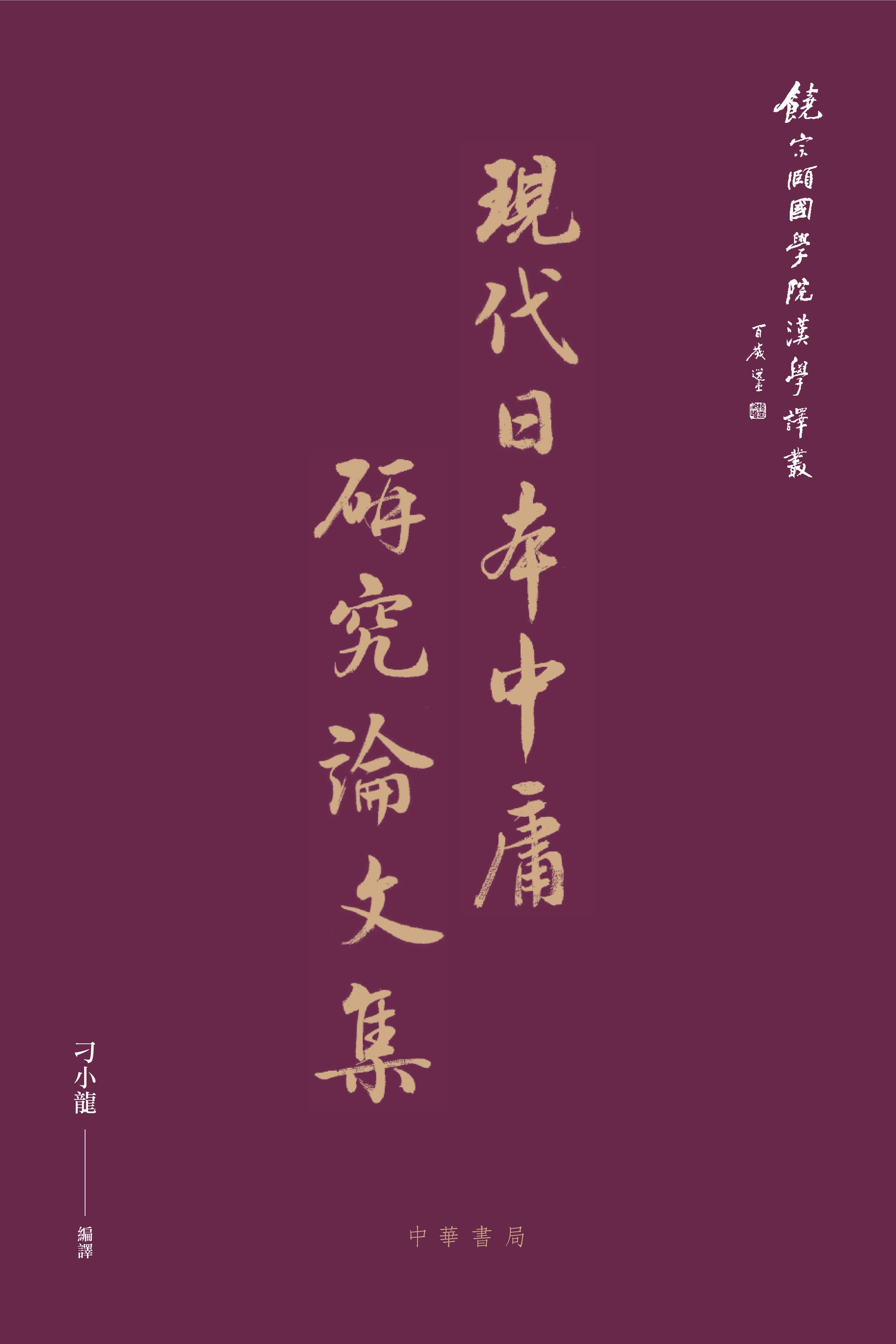JAS Global Sinology in Translation


To encourage international academic exchange and promote communication between Chinese scholars and sinologists around the world, the Jao Tsung-I Academy of Sinology plans to publish the JAS Global Sinology in Translation, presenting the Chinese translation of articles and books from eminent western Sinologists and promising young talents. We hope that the collection can reach many readers in greater China.
Volume 1
Dong Zhongshu, a 'Confucian' Heritage and the Chunqiu Fanlu by Michael Loewe; translated into Chinese by Chik Hin Ming, Wang Jue and Chen Hao-che
In this recent tour de force, eminent British Sinologist Michael Loewe studies the life and works of Dong Zhongshu (ca. 198 to ca. 107 BCE), oft-called a “great Confucian” of the Western Han Dynasty, who has been deemed most instrumental in making Confucianism the state orthodoxy for most of the imperial period. Loewe challenges this view by carefully examining Dong’ career and reputation, and his supposed authorship of the Chunqiu fanlu, suggesting that his influence may have been overrated by historians. This book represents a refreshing attempt to refute a long-held belief in Chinese intellectual history.
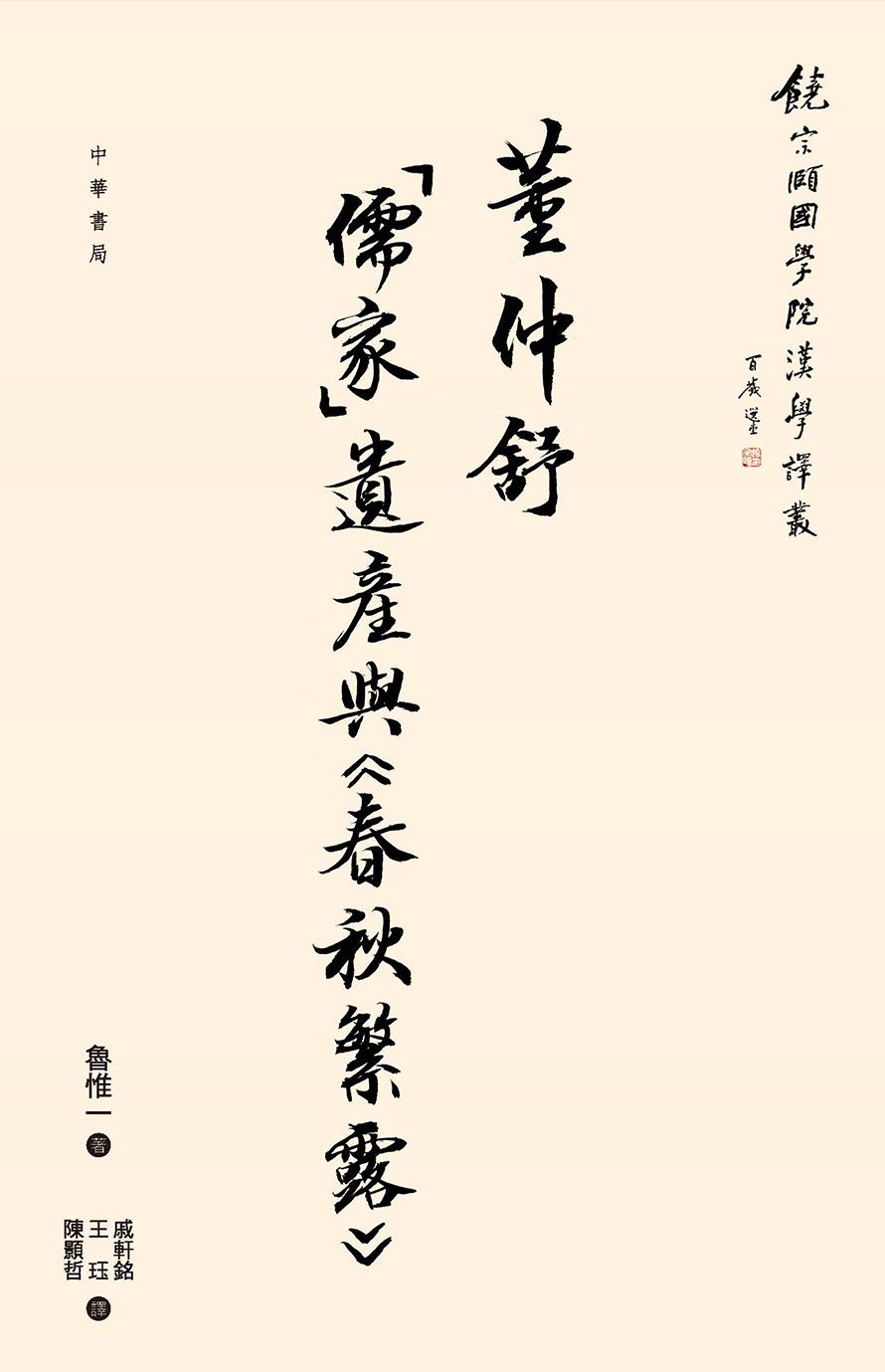

Volume 2
Philosophy on Bamboo: Text and the Production of Meaning in Early China by Dirk Meyer; translated into Chinese by Liu Qian
This is the Chinese translation of the 2011 monograph written by Dirk Meyer, The Queen’s College, Oxford. Scholarship on early Chinese thought has long treated texts as mere repositories of ideas rather than as meaningful objects in their own right. Not only does this approach present an idealised account of China’s intellectual past, it also imposes artificial boundaries between textual and philosophical traditions. As the first to treat text as a cultural phenomenon, this study demonstrates the interplay between the material conditions of text and manuscript cultures, writing, and thought during the Warring States period. Through close readings of the philosophical texts from Guodian, it analyses the crucial strategies of meaning production and casts light on the way in which different communities used texts for philosophical ends. Meyer thus establishes new understandings of the correlation between ideas, their material carrier, and the production of meaning in early China.
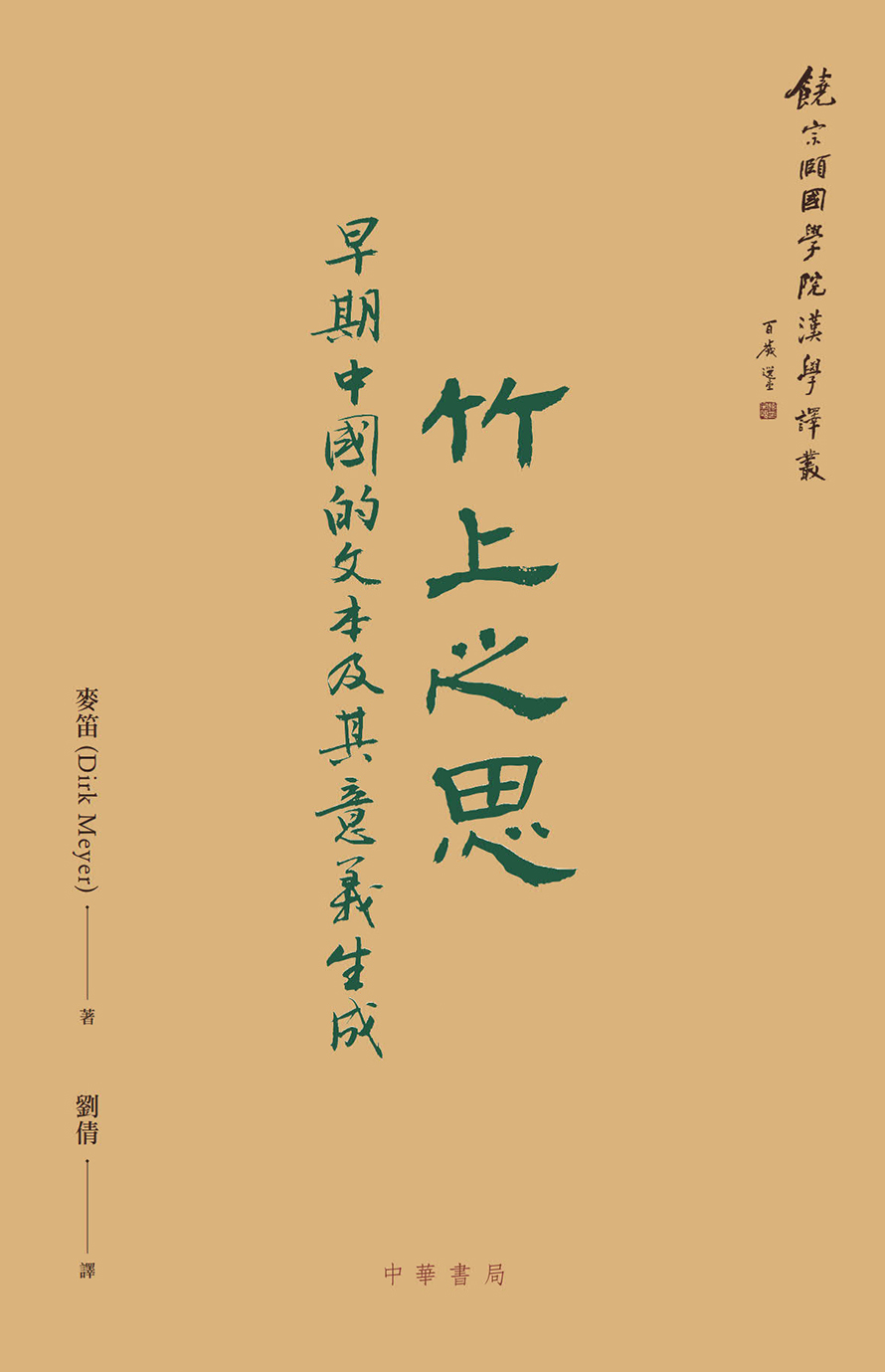

Volume 3
The Nivison Annals: Selected Works of David Nivison on Early Chinese Chronology, Astronomy, and Historiography by David S. Nivison; translated into Chinese by Cheng Yuhei
The anthology Selected Works of David Nivison on Early Chinese Chronology, Astronomy, and Historiography is the Chinese translation of The Nivison Annals: Selected Works of David S. Nivison on Early Chinese Chronology, Astronomy, and Historiography. Arranged according to the year of publication in ascending order, this volume contains 24 articles by Professor Nivison since 1983, covering diverse topics from astronomy, calendars to oracle bone inscriptions and early historical literature. But all of his research on astronomy, oracle bone inscriptions, and historical manuscripts can be connected by the single thread of chronology. One of Professor Nivison’s most prominent achievements in chronology is employ archaeo-astronomical methodology in dating the founding year of the Zhou dynasty, and by the extension, reconstructing the chronology of the entire Western Zhou, while the former is possible only after his work on the latter was completed. Professor Nivison attached great importance to ancient historical materials and put them under the same scale for measurement. This is in line with his research philosophy, which is to start with the method of philosophical analysis and put forward the best reasoning for all the arguments as a whole. Through this self-anthology, readers can see how Professor Nivison combed through every single detail when analyzing raw materials and eventually proposed ground-breaking theories to the so-called “resolved cases.”
The last article in the anthology “Important Discoveries and Bad Mistakes” was written on September 5, 2014, just a few weeks before the passing of the great Sinologist. Professor Nivison dedicated his whole life to research and rest only when his body gave out. As he wrote at the end of the said article, “Every error you make, when you correct it leads you to a new discovery.”
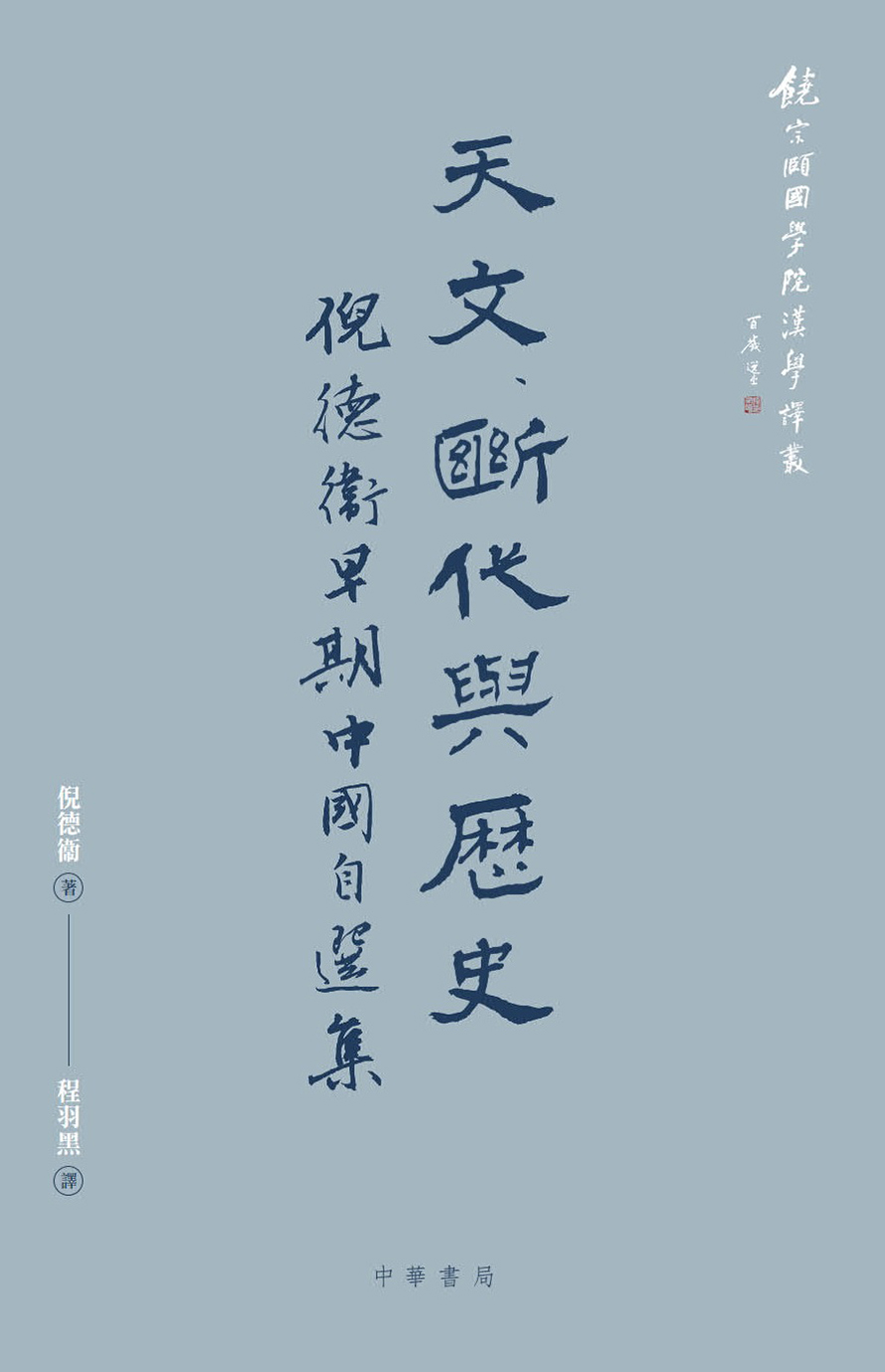

Volume 4
Civil examinations and meritocracy in late Imperial China by Benjamin A. Elman; translated into Chinese by Liu Qian
Professor Benjamin A. Elman, who has taught at the University of California, Los Angeles and Princeton University respectively, is one of the most revered scholars in contemporary sinology. Civil examinations and meritocracy in late Imperial China (晚期中華帝國的科舉與選士) is a monograph published by Prof. Ehrman in 2013, which seeks to construct a theoretical narrative system of the distinctive features of the civil examination system in the Ming and Qing dynasties from a broad cultural perspective.
The civil examination system was vital to the operation of the vast socio-political system of late imperial China and was also one of the circumstances where the court and scholars interacted most closely. With a methodical analysis of the civil examination system, the book looks into the rise and fall of the system from its cultural nexus to its political, cultural and economic origins. It is of great significance for further research into the history of China’s institutions and even the history of the world.
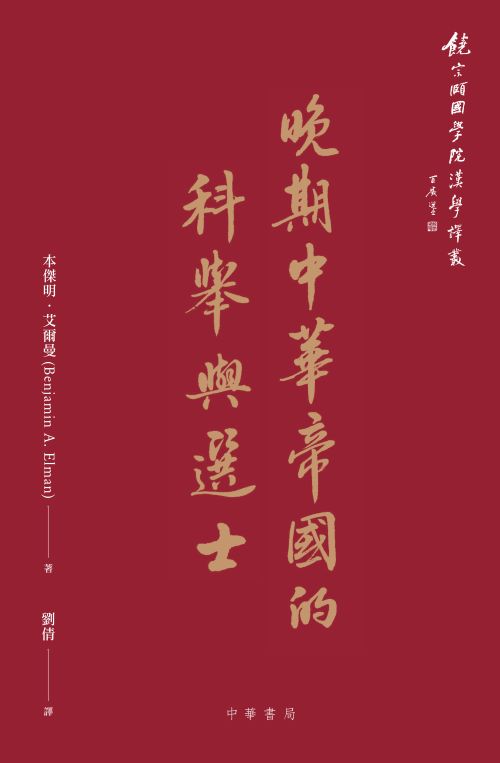

Volume 5
Old Chinese: A New Reconstruction by William H. Baxter and Laurent Sagart; translated into Chinese by Lai Guolong, Zheng Wei and Wang Hongzhi
The Chinese translation of the Old Chinese: A New Reconstruction is a part of the “JAS Global Sinology in Translation” series, the book is scheduled for publication in September 2022. The English original, an academic masterpiece of Old Chinese phonology, is co-authored by Professor William H. Baxter and Professor Laurent Sagart. The two authors have undertaken in-depth research in the field of Chinese phonology with remarkable achievements that the book earns the Leonard Bloomfield Book Award presented by the Linguistic Society of America soon after its release. The Chinese translation is rendered collaboratively by Professor Lai Guolong, Professor Zheng Wei and Professor Wang Hongzhi. By making the Traditional Chinese version available for a different readership, the Jao Tsung-I Academy of Sinology aims to promote the intellectual interactions between scholars from the East and West who are proficient in the study of old Chinese phonology.
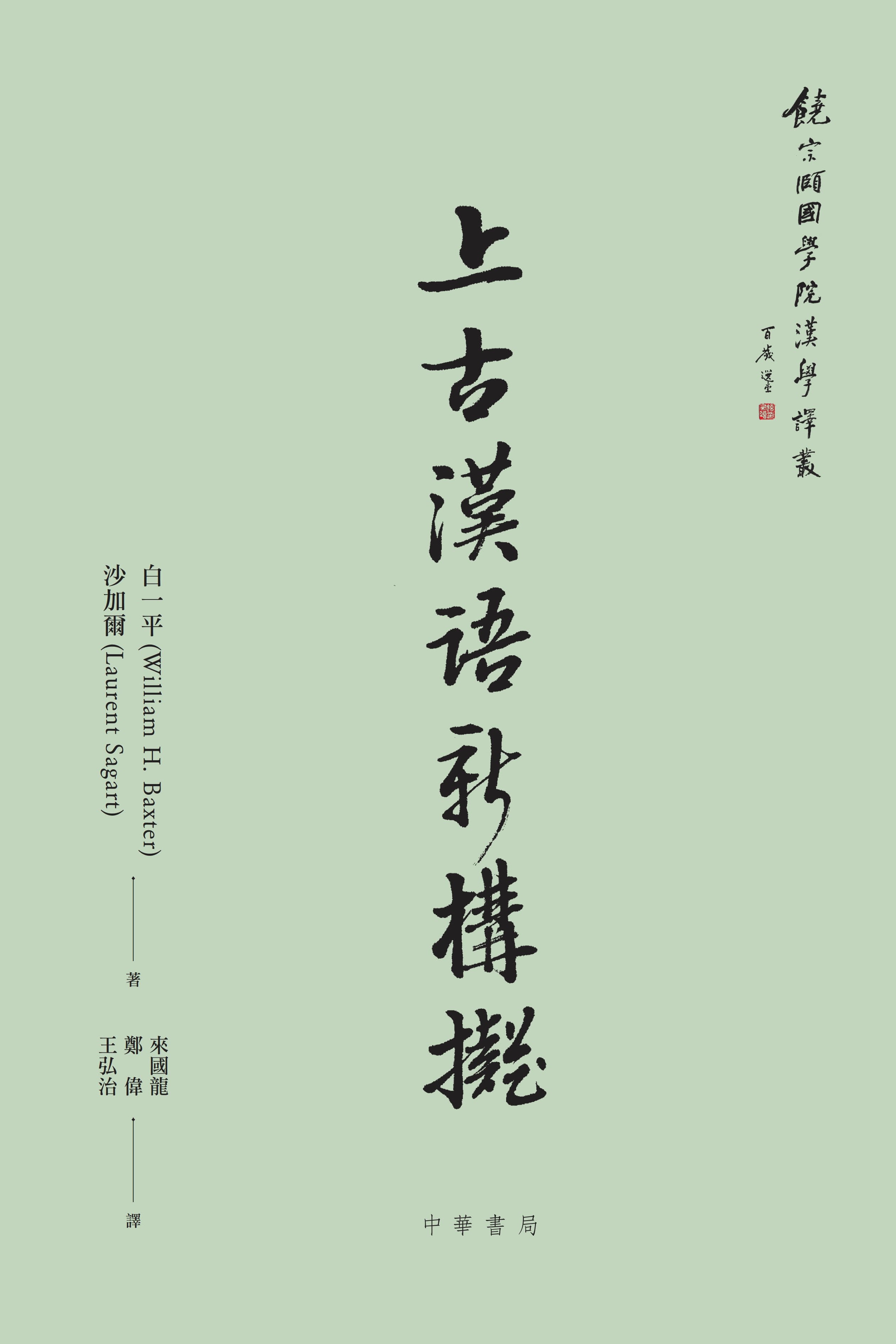

Volume 6
Collected Papers on Sinology by Jeffrey Riegel; translated into Chinese by Huang Kuan-yun
The Collected Papers on Sinology by Jeffrey Riegel is a collection and translation of Professor Riegel’s most important essays written after 1976. It is structured along five main themes: the Shijing and ‘desire’ in ancient literature; pre-Qin thought; religion and mythology; text studies; and Qin archaeology and history. In addition, the collection includes a talk held between Riegel and the translator Prof. Huang Kuan-yun in 2018, as well as a complete catalogue of Professor Riegel’s works.
This translation into Chinese of Jeffrey Riegel’s essays will facilitate the further appreciation of Professor Riegel’s scholarly approach to excavated and transmitted texts among Chinese-speaking scholars. One example of this is offered by the first essay in the collection, which deals with the Shijing and ‘desire’ in ancient literature. By analysing and comparing the Wuxing, excavated versions of ‘Guanju’ and ‘Yanyan’ from the Shijing, and other excavated documents, Riegel reveals how using the Wuxing leads to readings of the Shijing that are different from those resulting from a reliance on traditional commentary, offering an alternative hermeneutic for future scholars.
The collection is translated by Huang Kuan-yun, Professor at Research Center of Taiwan, Oriental Institute, Czech Academy of Sciences. Prof. Huang specializes in excavated texts and classical Confucian learning, and is a former student of Professor Riegel at the University of California, Berkley.
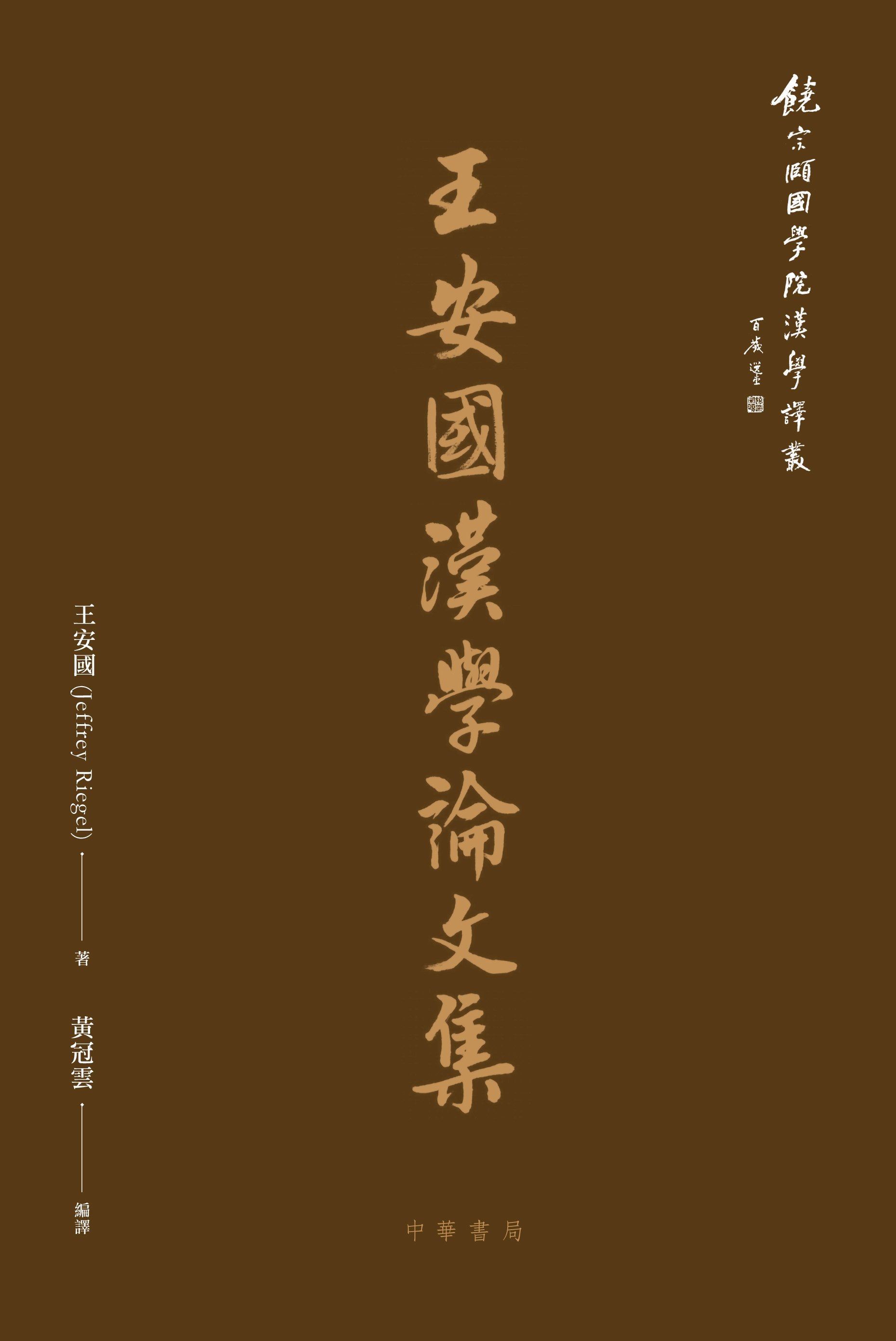

Volume 7
Modern Scholarship on Zhongyong in Japan; translated into Chinese by Diao Xiaolong
This translation assembles in total twelve essays by well-known twentieth-century Japanese sinologists dedicated specifically to research into The Doctrine of the Mean, and they are characterized by two features: firstly, the original authors are all celebrated modern and contemporary sinologists, for example, Takeuchi Yoshio, Tsuda Sōkichi, Kanaya Osamu, and Asano Yuichi; secondly, these essays are all grounded in close study of the documents themselves, and their discussion is erudite and their perspective profound, comprehensively exhibiting the significance and value of the research of Japanese sinologists; they will be of assistance to the worldwide sinological community as far as future steps in research into issues associated with The Doctrine of the Mean are concerned, and are certainly food for thought. In particular, this collection of translations is the first to include the whole of an essay by the celebrated scholar Takeuchi Yoshiro on his research into The Doctrine of the Mean that addresses fundamental issues related to the canonicity of textual origins; moreover, there are the magnificent discussions of four essays by Kanaya Osamu, a well-known scholar of the history of Qin and Han dynasty thought; as well as the renewed reflections and exegesis of contemporary experts, Asano Yuichi, for example. The publication of this collection of translations is not only of benefit to understanding the development of Japanese sinology but will also assist in promoting more profound discussion of, and attract attention to, The Doctrine of the Mean within the international sinological community.
